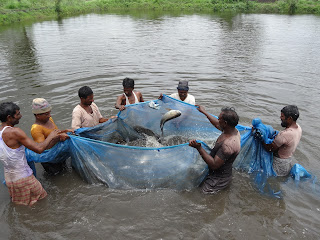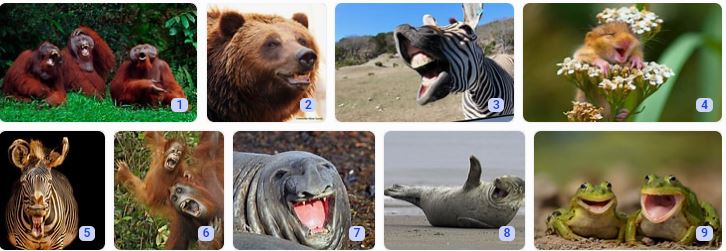Recent Trends, Scope and Career in Zoology: Zoology is the scientific study of animals, continues to evolve and adapt to the changing needs of our world. Recent trends in Zoology have focused on addressing pressing global challenges such as biodiversity loss, climate change, and the sustainable management of animal populations. Advancements in technology, genetics, and data analysis have also shaped the scope of Zoology, opening up new avenues of research and application. From conservation biology and molecular zoology to animal behavior and integrative biology, these developments reflect the interdisciplinary nature of modern Zoology. By staying at the forefront of these trends, researchers and professionals in Zoology can contribute to the understanding and conservation of animal life and its interconnectedness with the environment.
Recent Trends, Scope and Career in Zoology
Animal Physiology: Zoologists study the functions and mechanisms of animal systems, including digestion, respiration, circulation, reproduction, and sensory perception. Understanding these processes helps in comprehending animal adaptations to their environments.
After graduation in Zoology, there are various career opportunities and scopes available in both academic and non-academic sectors. Here are some potential career paths in Zoology:
Job source after graduation in zoology
After graduating in Zoology, there are several potential sources for job opportunities. Here are some common avenues for finding employment in the field:
Academic Institutions: Many universities and colleges hire zoology graduates as research assistants, laboratory technicians, or teaching assistants. These positions provide valuable experience in scientific research, data analysis, and teaching, and can serve as stepping stones to more advanced academic or research careers.
Research Institutions: Government research institutions, non-profit organizations, and private research firms often have job openings for zoology graduates. These organizations conduct research in areas such as wildlife biology, ecology, conservation, and animal behavior. Look for positions such as research scientists, field biologists, or laboratory technicians.
Wildlife and Conservation Organizations: Organizations dedicated to wildlife conservation, habitat protection, and environmental advocacy often have job opportunities for zoology graduates. Positions may include wildlife biologist, conservation officer, field researcher, or conservation education specialist. Examples of such organizations include the World Wildlife Fund (WWF), The Nature Conservancy, and local wildlife conservation agencies.
Zoos, Aquariums, and Wildlife Parks: Zoos, aquariums, and wildlife parks employ zoology graduates in various capacities. These institutions may have openings for animal care specialists, curators, educators, or research positions. Working in such settings provides hands-on experience with animal care, conservation programs, and public outreach.
Environmental Consulting Firms: Environmental consulting firms hire zoology graduates to conduct environmental impact assessments, wildlife surveys, and habitat assessments. These firms work with industries and government agencies to ensure compliance with environmental regulations. Look for job titles such as environmental consultant, wildlife biologist, or environmental impact assessment specialist.
Government Agencies: Government agencies at the local, state, or national level may have job opportunities for zoology graduates. These agencies may focus on wildlife management, environmental protection, or natural resource conservation. Look for positions with titles such as wildlife biologist, park ranger, or environmental scientist.
Pharmaceutical and Biotechnology Companies: Zoology graduates with additional skills in biotechnology, genetics, or molecular biology may find job opportunities in pharmaceutical or biotechnology companies. These companies may hire individuals for roles such as research associates, laboratory technicians, or quality control analysts.
Non-Governmental Organizations (NGOs): NGOs dedicated to animal welfare, conservation, and environmental causes may have job openings for zoology graduates. These organizations work on various projects related to wildlife rehabilitation, community education, or advocacy. Positions may include project coordinator, research assistant, or education outreach officer.
Science Communication and Outreach: Science communication organizations, museums, and science centers may hire zoology graduates for roles focused on science education, public outreach, or science writing. These positions involve communicating scientific concepts to the public through exhibits, educational programs, or media platforms.
Self-Employment and Entrepreneurship: Zoology graduates with entrepreneurial aspirations can start their own businesses, such as wildlife photography, ecotourism ventures, or environmental consulting services. Self-employment allows individuals to pursue their specific interests and create their own career paths. When searching for job opportunities, consider utilizing job boards, professional networking platforms, and websites specific to the field of zoology. Networking with professionals in the field, attending conferences, and joining relevant professional organizations can also provide valuable connections and job leads.









